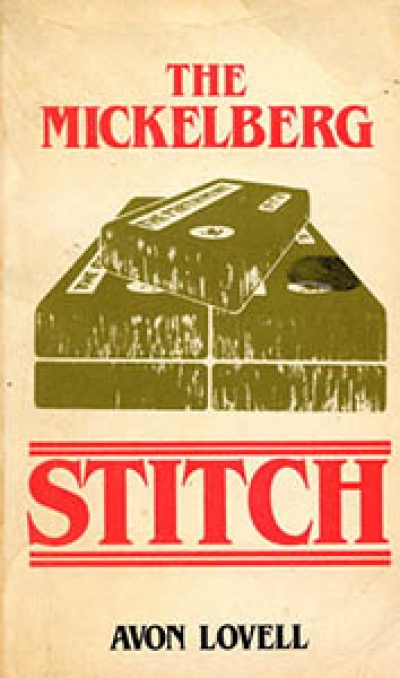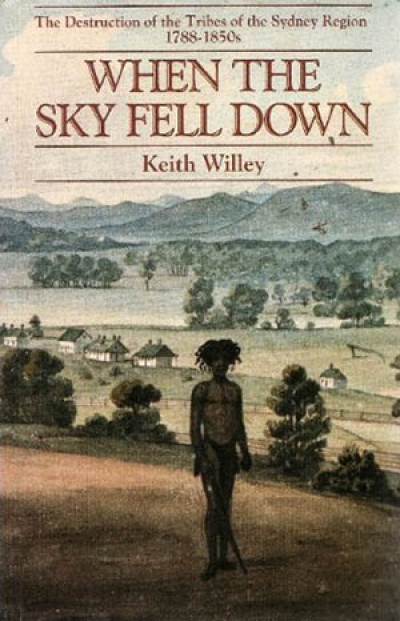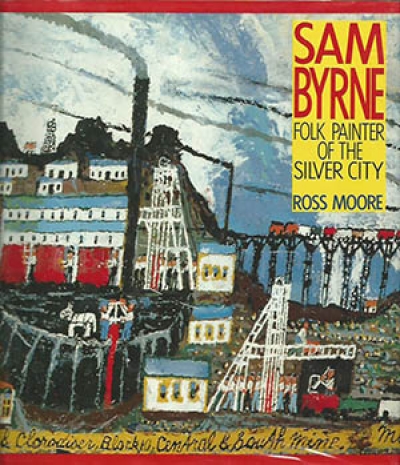Archive
In the UK Bookseller, the self-named ‘organ’ of the VAT-proof Thatcherland, the gossip columnist, one Horace Bent, speculated that Simon and Schuster International were running their New York eyes over Thomson Books UK. However, Thomson, the umbrella sheltering Nelson from the noonday sun, along with pedigree icons Hamish Hamilton, Michael Joseph, and the slightly more louche Sphere and Abacus paperback lists, has chosen the dignified flippancy of Penguin over any other suitor. My source was impeccable, Penguins never lay eggs that don’t hatch, and the news is now yesterdays, unless of course you happen to be a Nelson employee crystal-gazing into the Penguin pond!
... (read more)When the Sky Fell Down: The destruction of the tribes of the Sydney region 1788–1850s by Keith Willey
In Australia, few publications regularly review children’s books for the information of the general reader/buyer. ASA chairman, Ken Methold, suggests that Australian writers need to advertise their varied skills and publicise their works. I agree.
... (read more)





